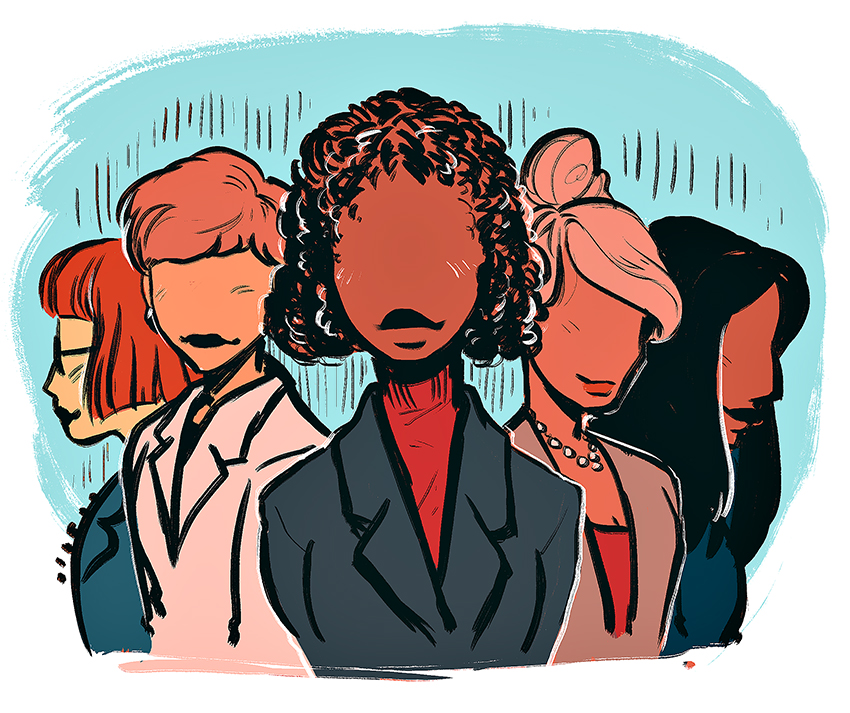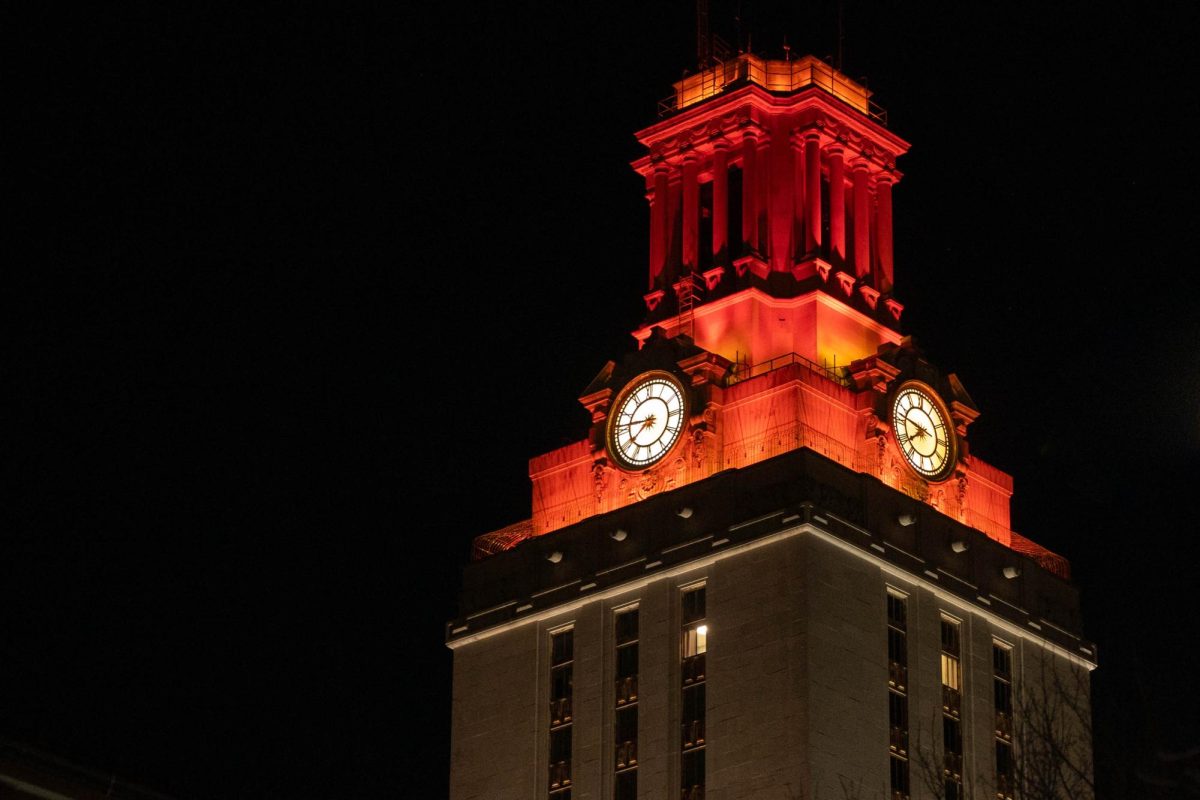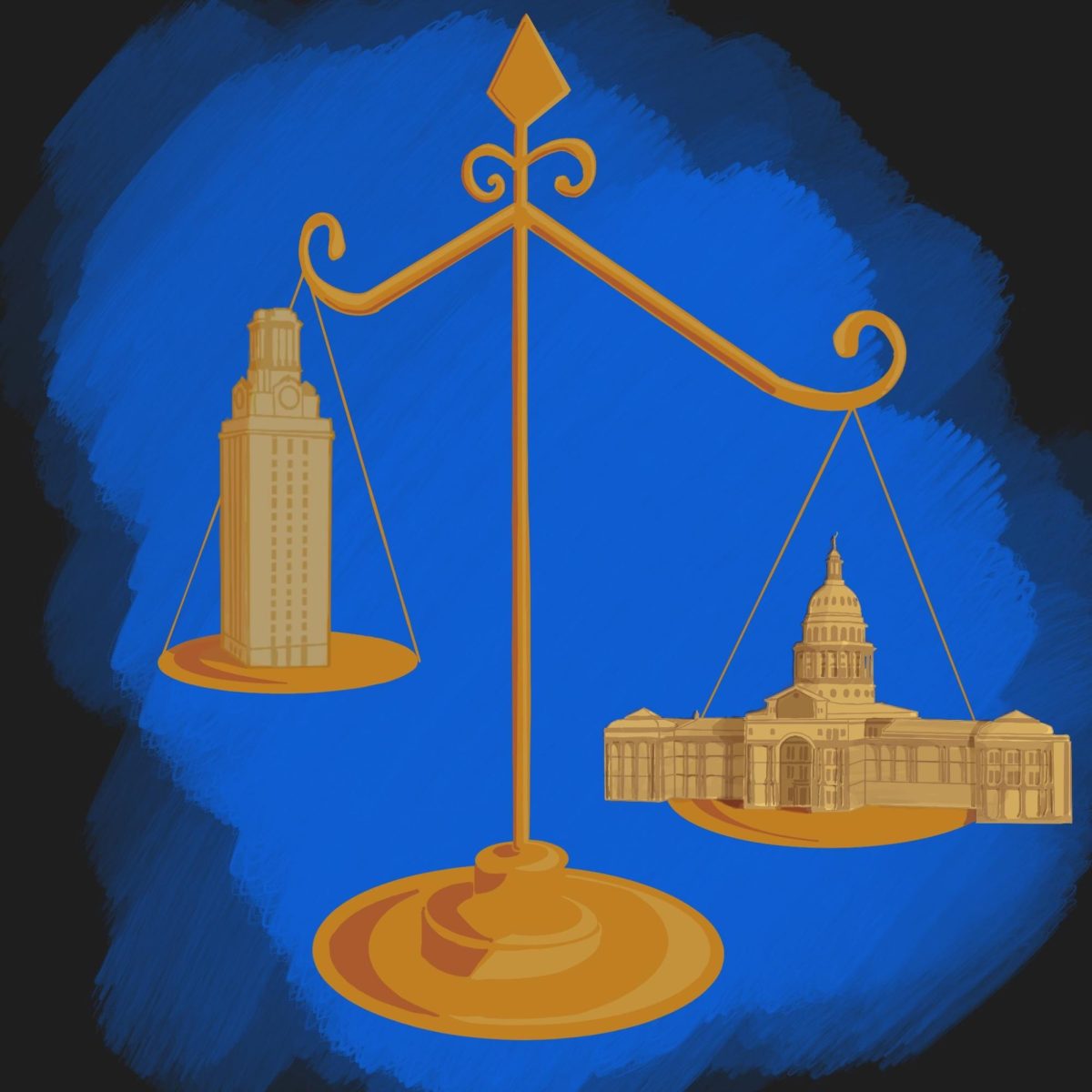Nearly 50 Texas women are running for Congress this year, each hoping to end the state’s 22-year dry spell of electing new women to serve in Washington.
Motivated by a combination of national backlash against President Donald Trump and a surge of vacant seats throughout the state, experts say dozens of women have thrown their hats into the ring.
“There’s a desire for change,” public affairs lecturer Victoria Soto said. “I think a lot of it has to do with the political climate of the 2016 presidential election, where the issue of gender and sexual misconduct were really front and center and left a lot women feeling energized either by anger or motivation to shake things up.”
Some of these women candidates include former El Paso County Judge Veronica Escobar, former El Paso School Board President Dori Fenenbock and former state Rep. Norma Chavez, D-El Paso, who are all seeking to fill the seat vacated by U.S. Rep. Beto O’Rourke, D-El Paso. Political fundraiser Bunni Pounds and communications consultant Jenifer Sarver are among the several Republican Texas women running for Congress.
Susan Heinzelman, director of UT’s Center for Women’s and Gender Studies, said there are parallels between the surge of female candidates and the outpouring of female solidarity at last year’s Women’s Marches.
“Many women feel that it’s time to no longer simply complain and try to work out the issues that are important to women through men, but to stand as women and try and address these issues ourselves,” Heinzelman said.
Government lecturer Stephanie Holmsten pointed out that historically, women have been less inclined than men to run for public office.
“Thinking about why women are running now makes me want to think about which of those elements that typically might have hindered women from wanting to run might have changed,” Holmsten said.
Holmsten said one element in particular had an especially significant impact on women — and her name is Hillary Clinton.
“I think something that’s changed for sure is that we, as a country, watched a woman compete for office at the highest level and almost win,” Holmsten said.
Heinzelman suspects it will take another election cycle or two before a woman from Texas is elected to Congress for her first time, mainly because the current candidates lack the base and financial support required to win. However, she said the mere act of running sends a powerful message to all women watching from the sidelines.
“I think you’ll find that this is not going to change, that this is a tipping point, just like the #MeToo campaign is a tipping point,” Heinzelman said.
On a similar note, Holmsten said the fact that so many women are running will have a profound impact on the future political endeavors of other women, regardless of whether or not they win their races this year.
“Someone who might not think of running watches a women run and thinks, ‘You know what, maybe I could do that.’” Holmsten said. “It’s this sort of inherent invitation for other women to give it a try as well.”




















